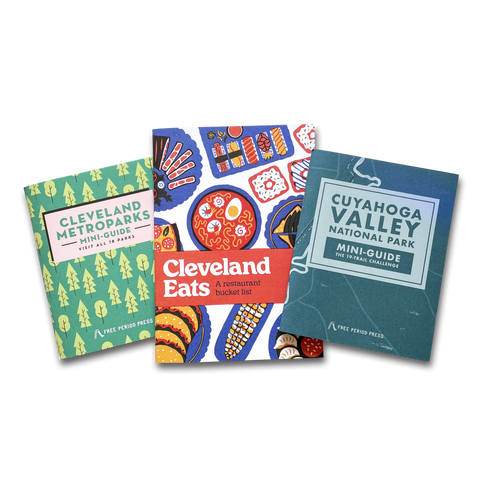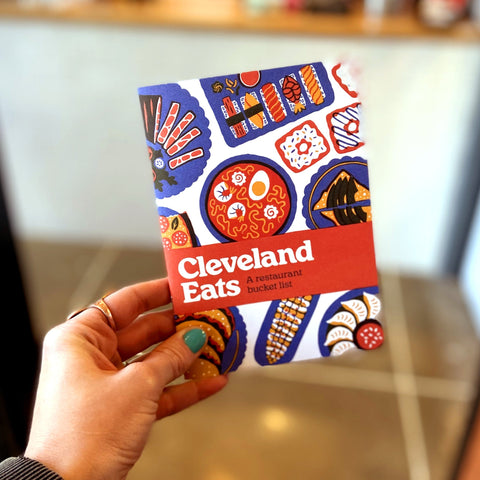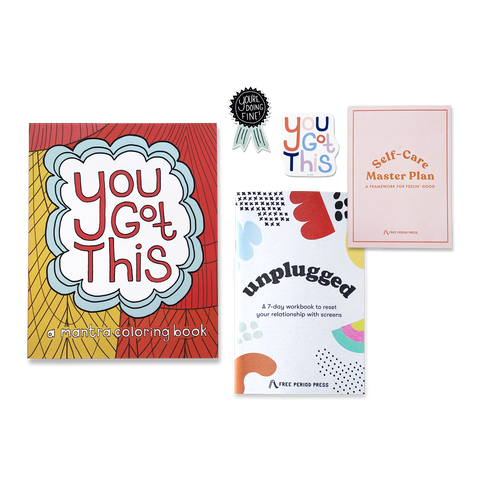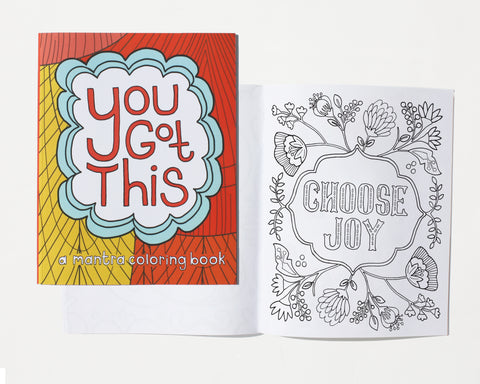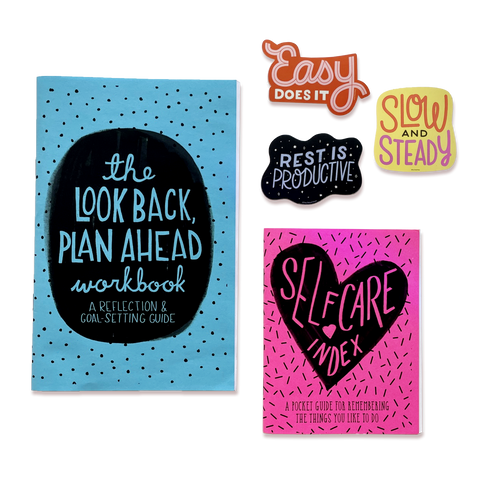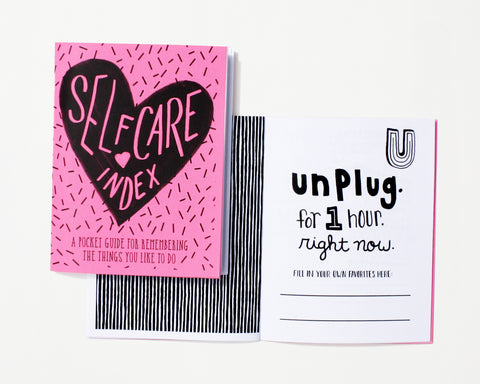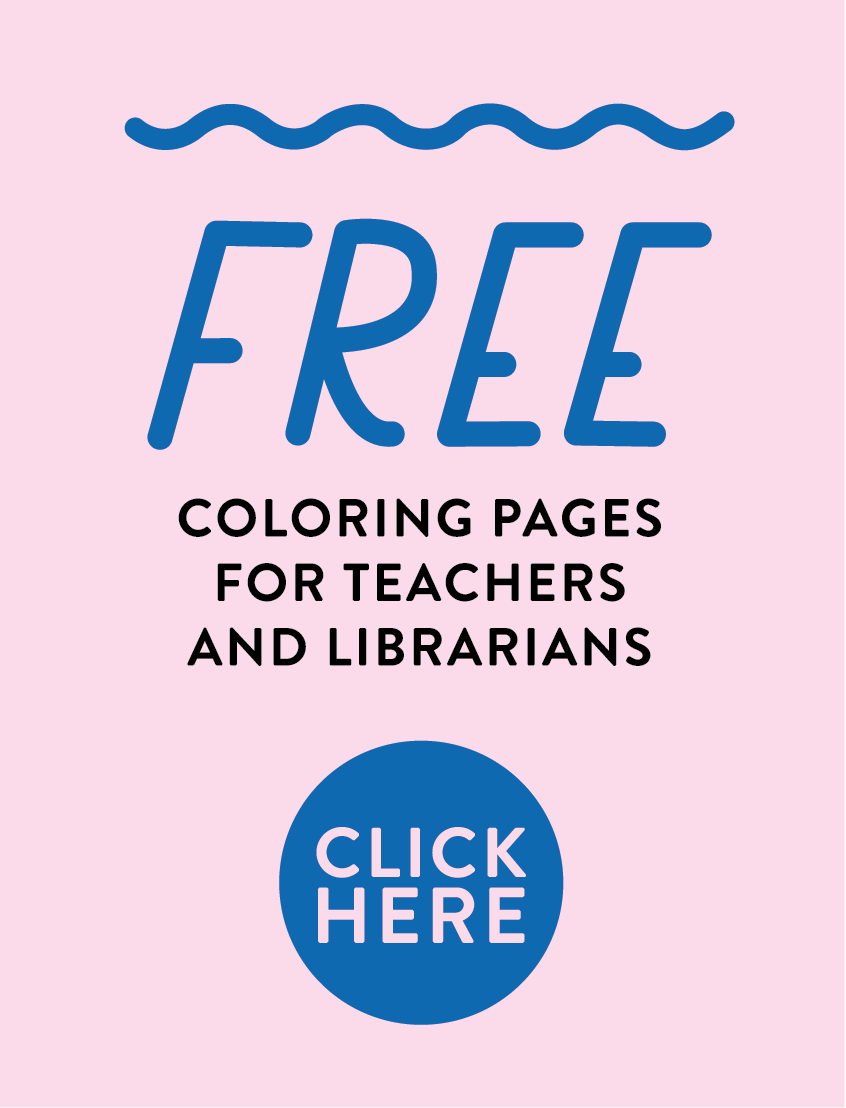It's been a smidge over a year since I've gone full-time with Free Period, so I thought it'd be a good time for a check-in! (Mostly for myself, but happy to share. 🙂)
2020 was quite the roller coaster, but it wasn't all bad. Being forced to stay home made me examine the what, how, and why of my work — and I learned a ton.

On Developing a Routine
I spent the first several months of 2020 in a distracted haze. My newfound freedom of having a whole 40 hours per week to devote to Free Period resulted in me being completely passive in my time management. I booked my days with coffee dates and "catching up on email."
In a way, I'm glad I experimented with an unstructured schedule because it gave me a point of comparison. But by the time the stay-at-home order came around in March, I was almost ready to be locked inside of my house and forced to do some actual work (in between plenty of doomscrolling, of course).
During a Being Boss online conference, I was introduced to the concept of structuring your schedule based on the astrological significance of the days of the week. I'm not super into astrology, but I decided to give it a shot and it more-or-less stuck!
The suggested structure looks like this:
Monday (Moon): Rest, reflection, planning, no meetings
Tuesday (Mars): Problem solving
Wednesday (Mercury): Communication
Thursday (Jupiter): Business development
Friday (Venus): Passion projects
I simplified it a bit to...
Monday: Admin (email! invoices! etc!)
Tuesday, Wednesday, Thursday: Deep work tackling my priorities
Friday: Leave open to tidy up from the week
Within that weekly structure, my days also have a rhythm.
- I fill orders first thing in the morning (this helps me wake up and is a helpful way to start my day with some gratitude— yay orders!)
- Next I ease into screen time by checking my favorite daily comic, my favorite blog, and completing one Italian lesson on Duolingo.
- Using my Schedule Magic planner, I dive into my most important tasks of the day.
- I take a lunch break around noon, go for a walk around the block, and take a 15-minute power nap (my secret to success).
- More work in the afternoon. Using a 45-minutes on, 15-minutes off timer (check out our blog post about structuring your day when working from home!).
- Around 5, I'll create my to-do list for tomorrow. Creating a game plan for tomorrow helps me feel a bit of closure for the day— it's a signal to my brain that it can stop thinking about work and enjoy the rest of the evening. It also gives me a kickstart in the morning, by knowing exactly where to start.
The Product Development / Product Marketing Balance
I have a lot of product ideas. Like, a-lot-a-lot. My natural tendency in running Free Period is to spend as much time as possible creating products.
In fact, this is how I ran Free Period for the first five years. Create a product, launch the product, move on to creating the next product.
After years of this cycle, I realized I was missing a critical step— telling people that the product exists. (Also known as marketing.)
In my ideal world, I would launch a product and people would immediately see its value and tell all of their friends. This is not generally how things work.
Ultimately, my goal is not to just create helpful, well-designed products. It is to get them in the hands of as many folks as possible, so that they can actually help them!
If my goal is to help people live intentional, creative, and fulfilling lives, then I need to spend a lot more time thinking about how to tell the world about our projects.
Tim Ferriss has a great quote about this:
"My general recommendation is this: If you can’t dedicate at least a year of full-time attention to a book (which might be 70/30 split between writing and PR/promotion), don’t bother writing it." -Tim Ferriss
I think this is true(-ish) for product development, too. Once I finally internalized this lesson, I adjusted our product development cadence. I'm (trying!) to cap product launches to 1-2 per year to help each product reach its full potential.
My first experiment with this was the launch of the Collage Kit. We spent more time promoting this launch than any previous product. Our summer was spent emailing journalists, sending samples to artists, and creating and posting (what felt like) so. much. content. I'm sure we just scratched the surface, but it was a huge leap for us!
The result? Our best product launch to date.
The take-home: I'm launching fewer products, but putting more effort into helping each product reach and impact as many folks as possible.
Marketing is Hard
As a somewhat numbers-driven, analytical person, I want there to be an easy answer to, "What's the most effective way for Free Period to reach more people?"
There is so much noise in the world of digital marketing about what tactics (creating content, running ads, influencer marketing, PR, etc.) are the most effective.
I really wish there was a simple answer. And maybe there is! But it has not been obvious to me.
I’ve heard that any of those tactics can work, but the key is to be consistent with whatever tactic you choose.
We're still experimenting with several channels, but my approach so far has been to stick to what feels natural, because those will be the easiest things to keep doing for the long-haul.
Right now that means providing helpful content on a somewhat-regular basis to our newsletter subscribers and social media followers. It takes a lot of work, and the results are not black and white, but we're going to keep going for now!
The take-home: Keep showing up and trying stuff!
Holy Accountability
Loneliness was a theme for a lot of folks in 2020. Like all of you, the COVID lockdown resulted in me being removed from much of my in-person social support system.
Working on Free Period full-time also removed coworkers from my social network. As a result, I found myself ruminating about business decisions without an outlet. (My incredible wife and freelance-team are great listeners, but it's not quite the same!)
In May, I finally took the plunge and hired a business coach. Best decision ever. It felt so great to word-vomit everything I was worrying about and not have them bat an eye. We came up with a plan, I checked in with them daily (at first) and I just got to work.
I also have a friend-accountability group that meets virtually every other week. That has been an added layer of accountability in my personal life, too, which has been great.
The take-home? Don't go it alone! It will be way harder than necessary!
Simplify and Systematize
For the business tasks that repeat on a weekly or monthly cadence, I spent a good chunk of time this year making them automated systems as much as possible.
For example, staring at a blank Mailchimp template was super-daunting to me, so I created a repeatable format: intro note, business news, freebie, interesting links. Now I make notes about possible content throughout the month. It's made newsletter writing SO much easier!
Another example is wholesale outreach. Instead of recreating a system every time, I almost created a how-to manual of steps to reach out to wholesale prospects. Not only does this make the task less draining, it'll also make it easier to delegate one day if I ever hire someone.
The take-home: Reduce hard decisions by simplifying and making a system out of repeating tasks!
It's Still Hard! But Also Fun!
Just in case you think I have everything figured out, I wanted to mention that there is still a lot I'm working on. Do I want an office or do I want to keep working from home? When is the right time to hire help, and what role should I be hiring for first? Do I even want to grow Free Period, or do I want to keep it a one-woman shop?
I will try not to get too cheesy on you, but I'm really trying to keep the focus on the journey and not the destination. Overall, I feel so lucky that I get to run Free Period every day. I'm not sure exactly where it'll take me, but I'm trying to enjoy the ride as much as possible.
In Conclusion
A lot of these lessons feel obvious to me now, but it took actually doing the work to internalize them.
And that feels like the biggest business lesson of all— you can hem and haw all day about some decisions, but taking action is the quickest way to learn.
As you can probably tell, I'm a huge business nerd and could talk shop all day. If you have any questions about how I run Free Period, please ask me on Instagram!

